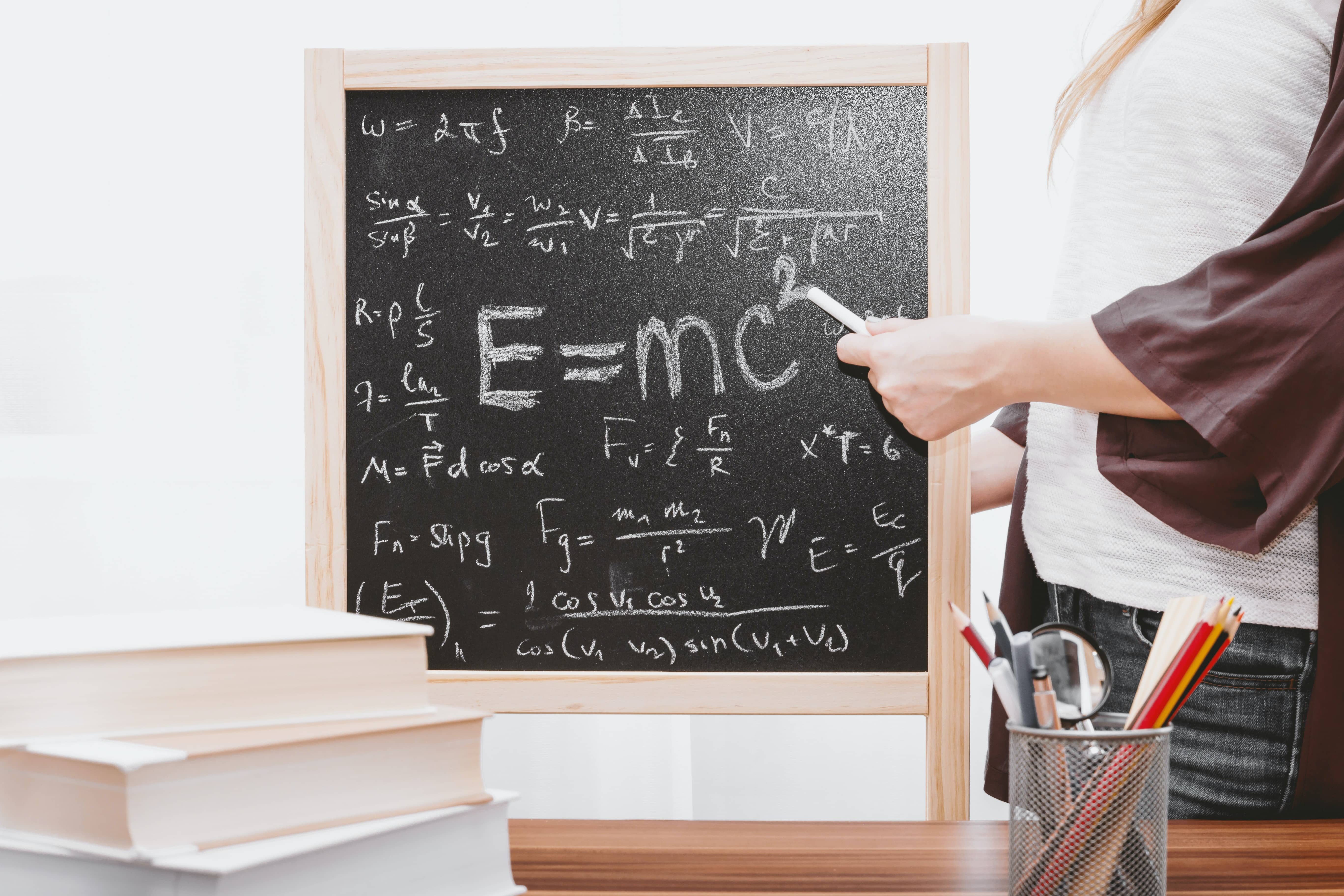
What is elementary algebra?
Elementary algebra is a fundamental branch of mathematics that deals with algebraic operations and equations. It is usually taught to seniors in high school or as part of college-level math courses.
This course is also important because it forms an essential foundation for advanced math courses. In each different chapter of the course, every student is going to learn about algebraic expressions, equations, and solving problems using algebraic techniques.
Every student will learn about different types of equations, such as linear equations and quadratic equations, and will learn to solve these equations using basic arithmetic such as addition, subtraction, multiplication, and division.
In addition, students will learn about polynomials, exponents, and rational expressions, which will give them a solid understanding of mathematical theory.
One example of a linear equation is y = mx + b, where m and b are constants, and x and y are variables. In solving this equation, students will learn how to find the slope and y-intercept of a line.
They'll also learn how to solve quadratic equations, such as x^2 + bx + c = 0, where x is the variable, b, and c are constants, and the solutions can be found using the quadratic formula.
Furthermore, students will learn how to solve systems of linear equations, which means finding the solutions to multiple equations simultaneously.
Overall, algebra provides students with a foundation in mathematical concepts and problem-solving skills that will be useful in future math courses and real-world applications.
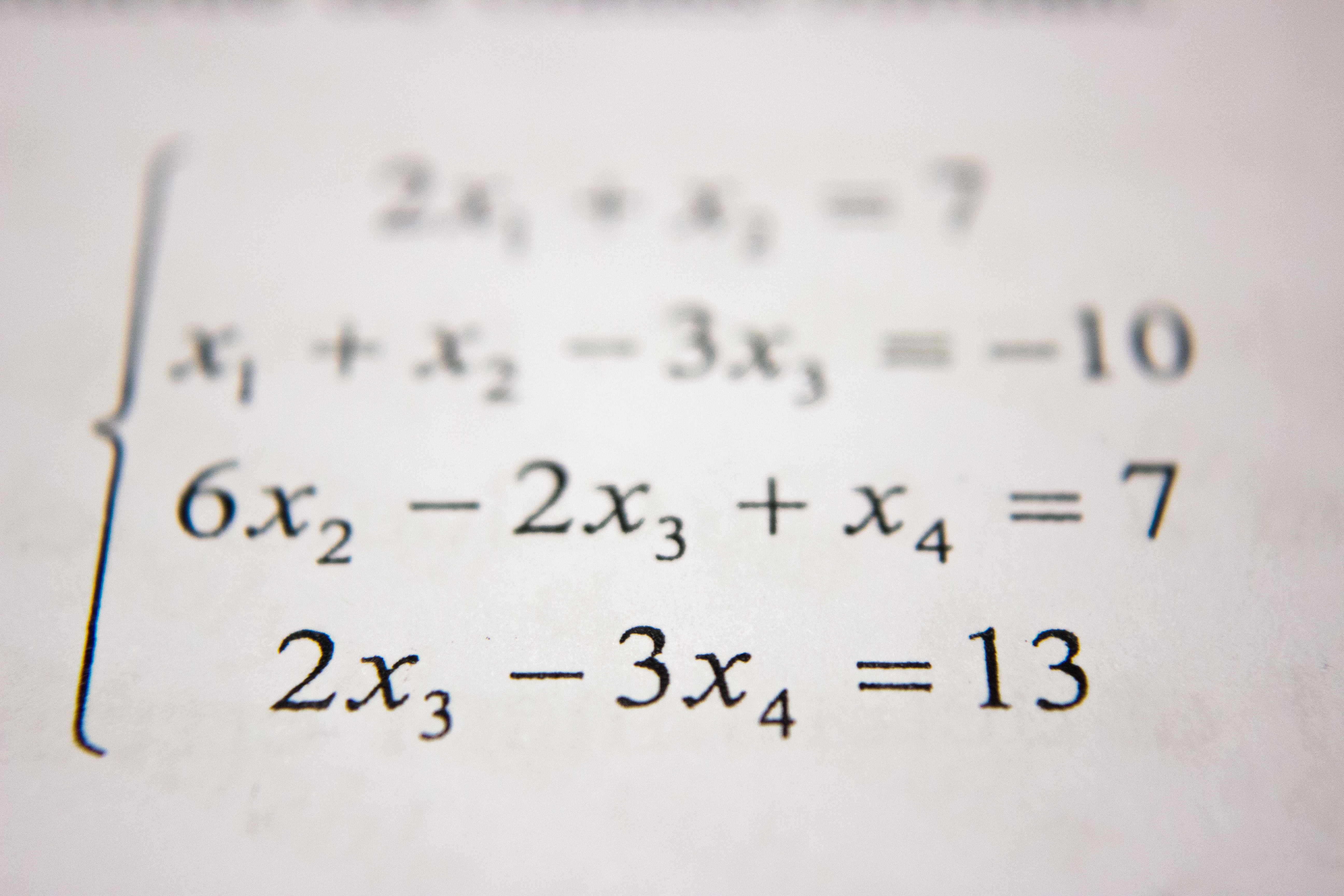
We encourage students to search for online resources, such as text and video tutorials, which can supplement classroom learning and homework assignments, providing students with additional practice and space to master these essential mathematical concepts.
Even though this might sound like a lot of complicated theories, the class curriculum is designed in a way that allows students to understand everything one step at a time.
If you feel like you need extra support and guidance completing your homework, you can always consider studying with the help of a private tutor.
Maths private tutors on Superprof tend to charge between $15 and $30 per lesson or hour. All you have to do is find someone who has the experience and fits your budget and start learning math!
When are students taught elementary algebra?
Elementary algebra is typically introduced to students in high school or at the beginning of their college careers.
It is a required course for students pursuing higher education in STEM fields because it teaches them about algebraic expressions and operations.
As we mentioned, this course covers important topics such as linear equations, quadratic equations, and systems of equations. It also introduces students to numbers, variables, and solving complex operations that include addition, subtraction, multiplication, and division.
Furthermore, students learn about polynomials, exponents, and rational expressions. These concepts provide a solid foundation for advanced math courses, including calculus and differential equations.
By learning and practicing these concepts, students can develop critical thinking and problem-solving skills that are essential for success in STEM fields.
Algebra is an important course that helps students build the foundational knowledge necessary to succeed in higher education and beyond.
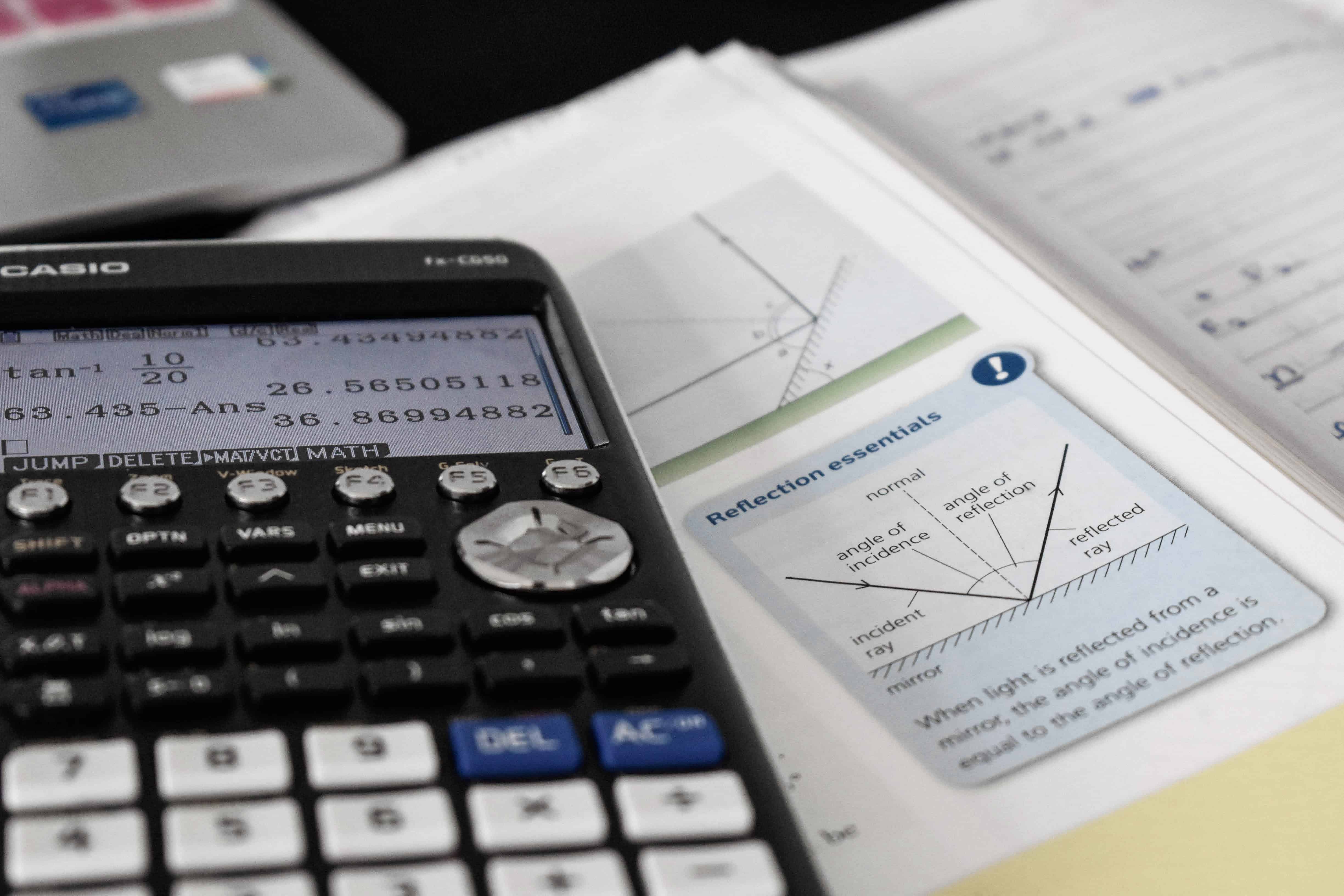
Students typically take this course after completing pre-algebra and introductory mathematics courses. These courses lay the groundwork for elementary algebra by introducing students to fundamental mathematics.
They also cover basic geometry and trigonometry, which provide important context for understanding algebraic equations and functions.
Mastery of these foundational concepts is crucial for success in elementary algebra and beyond. Without a solid understanding of these concepts, any student might struggle to keep up with the pace of the course and may have difficulty grasping more advanced topics.
Every student must take algebra because it provides them with the tools they need to succeed in higher-level mathematics courses and their chosen STEM fields.
Keep in mind that more often than not, elementary algebra is a mandatory course, which means that you need those credits and you can't exchange them for another class.
If you don't feel comfortable working with variables, theory, integers, polynomials, square root (sqrt), exponents, systems, or even resolving a linear equation; then we recommend you try to work with the help of a tutor from Superprof.
What is elementary algebra useful for?
Elementary algebra is helpful for many aspects of life. In particular, it helps in understanding numerical and mathematical concepts in a broader sense.
For example, numbers can be represented in different forms, and understanding these forms is crucial in grasping advanced mathematical concepts.
In addition, the use of variables and their manipulation provides insight into problem-solving strategies, which will be useful for more advanced courses.
Keep in mind that the theory of numbers and number systems, including integers, real numbers, and sets, is foundational in higher-level mathematics and physics.
The ability to work with exponents and terms, as well as understanding the space and set of solutions to problems, is crucial for advanced problem-solving.
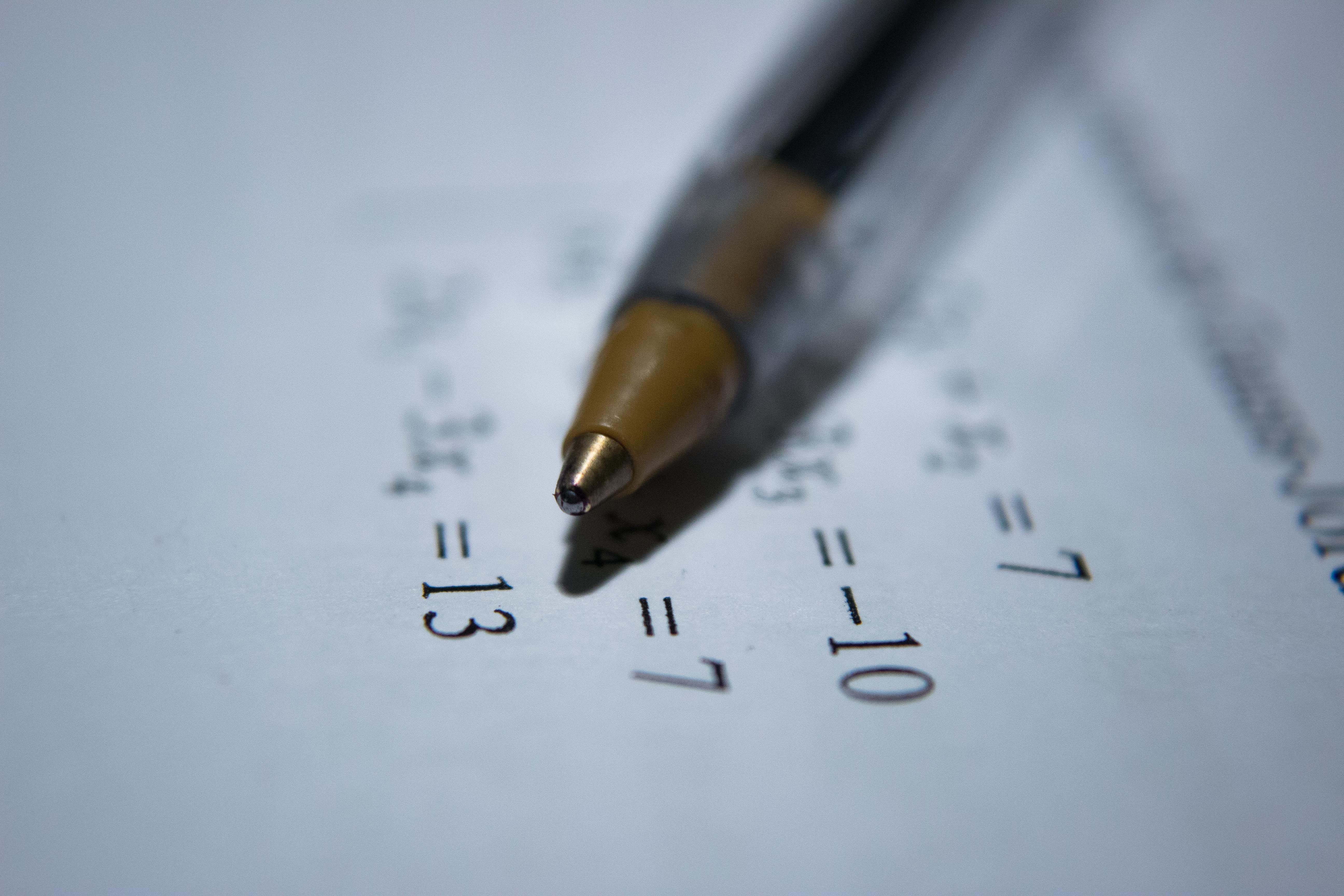
This means that a strong foundation in elementary algebra not only helps in academic settings but also in various career paths that require analytical and quantitative skills.
Learning elementary algebra helps learners build critical thinking skills, problem-solving abilities, and logical reasoning, which are all valuable skills that can be applied to many aspects of life.
In addition to its practical applications, algebra also serves as a foundation for more advanced concepts.
Without a solid understanding of algebraic concepts and principles, it can be difficult to tackle higher-level mathematics, such as calculus, statistics, and even physics.
By learning about variables, equations, and functions in algebra, learners are better equipped to understand these more advanced topics.
Whether in science, engineering, finance, or other fields, the ability to manipulate numbers and equations is often essential. In this way, algebra is not just a requirement for certain academic programs, but a useful tool for success in many different careers.
So, before you dismiss algebra because you want to study fashion or you want to go into marketing; you should consider all the ways that having a developed mathematical brain can help you!
Even if you become a stay-at-home parent and you have to budget the monthly expenses, your algebraic skills will always be useful.
How to make elementary algebra easier?
When it comes to making algebra easier, there are a few tips and tricks that can help.
First, it's important to attend every class and take notes on the material. This will not only help you understand the theory and concepts being taught but also provide you with examples and practice problems that you can work through later.
Another plus side to taking notes is that you can review everything when you get home and see if you have questions that you didn't ask during class.
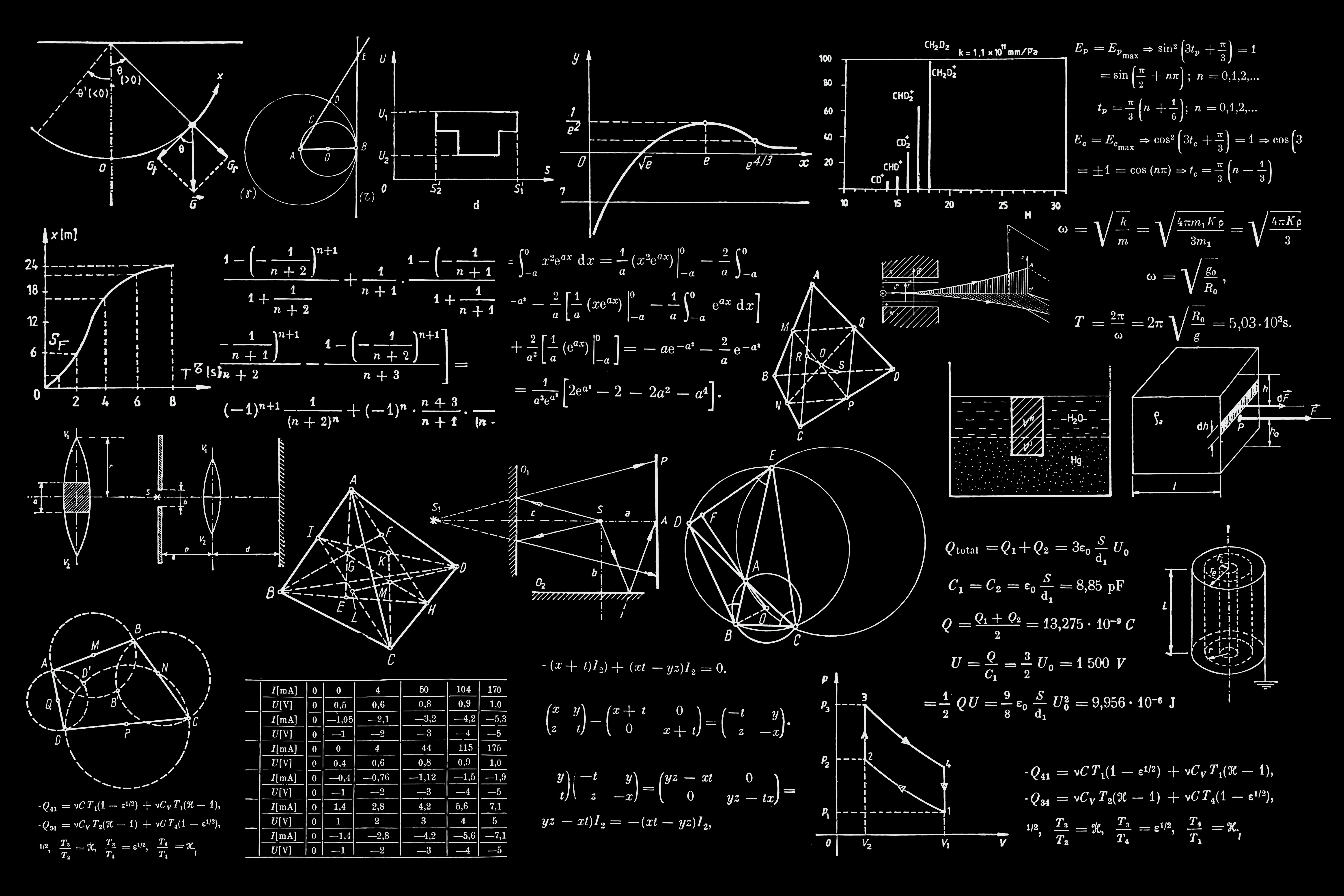
To make sure you pass the class on your first try and you don't have to do it multiple times, it is important to do your homework and practice regularly.
This will help reinforce what you've learned in class and allow you to identify any areas where you might need additional help.
Additionally, there are many online resources available that can help you better understand the material.
For example, some videos walk you through problems step-by-step, interactive tutorials allow you to practice solving equations and online forums where you can ask questions and get help from other students or experts in the field.
Finally, it's important to find the perfect learning environment for you. You must find a space in your house or at the library that is quiet and comfortable where you can focus and concentrate on your work.
This might mean finding a quiet corner in the library, creating a dedicated study area in your room, or finding a coffee shop or other quiet location where you can work without distractions.
Don't forget that you can also ask for help from a private tutor and get some extra study time outside of class. You can search for an algebra tutor right here on Superprof and get online lessons or in-person sessions.
During these lessons, you can catch up on theory or practice some exercises. The tutor can offer more than one example of integers or give you a set with exercises, terms, and theory. They can make sure you find the correct solution to each exercise too.
By working on extra homework, you'll be better prepared for college-level courses. Besides, you can become an expert in each chapter of the class and offer help to your peers eventually.
If you follow these tips and utilize the resources available to you, you can make algebra much easier to understand and master.
Summarize with AI:

